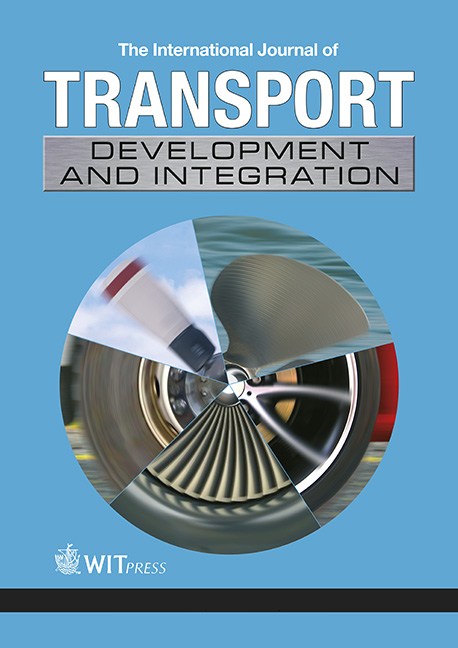Intelligent adaptive schedulers for railways
Price
Free (open access)
Volume
Volume 1 (2017), Issue 3
Pages
6
Page Range
414 - 420
Paper DOI
10.2495/TDI-V1-N3-414-420
Copyright
WIT Press
Author(s)
G. Rzevski & P. Skobelev
Abstract
Railway operation can be perceived as a complex system consisting of thousands of constituent elements, including demands for transportation and a variety of transportation resources, such as tracks, track blocks, stations, sidings, trains, crews, etc. Overall behaviour of a railway operation is characterized by unpredictable disruptive events such as changes in availability of resources due to failures, weather conditions or human errors. In addition transportation demands tend to change over time whilst changing transportation resources, such as tracks, is not always possible or practical. The key task of railway management is the allocation of transportation resources to transportation demands with a goal of achieving a complete match, ensuring a smooth operation. The difficulty of this task primarily depends on the variability of demand and reliability of resources, in particular, tracks, trains and human resources. The paper describes how to design complex adaptive railway schedulers, which allocate resources to demands in real time and ensure rapid rescheduling in reaction to unpredictable disruptive events.
Keywords
adaptability, complexity, railway schedules, real-time schedulers, self-organization




